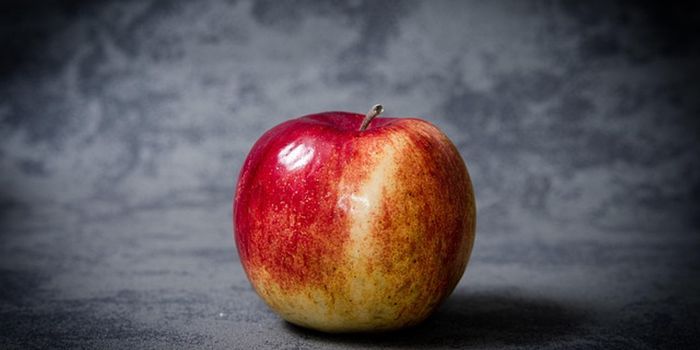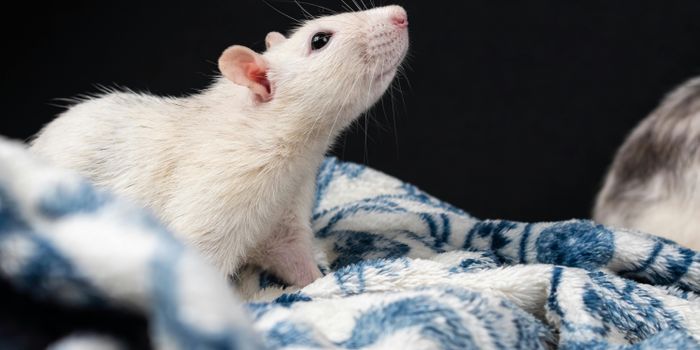Placebos Impact Brain Patterns for Emotional Processing
Researchers from Michigan State University have found that placebos reduce markers of emotional distress- even when the people taking them know they are taking an inactive substance.
The placebo effect usually happens when a person unknowingly takes an inactive drug. Commonly used in tandem with active drugs to test their effectiveness, a growing body of research suggests that placebos may have an effect even when people know they are inactive.
For the study, the researchers recruited 280 participants. They were each randomly assigned to two groups. One group was given some text to read about the placebo effect and then asked to inhale a saline solution nasal spray they were told was a placebo and would help reduce their negative feelings only if they believed it would. Meanwhile, the other group also inhaled the saline solution spray, without reading about the placebo effect, and were told it would improve the clarity of their physiological readings.
Each participant was then shown a series of emotional images. In the first round of images, researchers recorded results from self-reports. Then, in the second round of images, they used electroencephalography (EEG) to monitor the participants' brain activity.
In the first experiment, the participants in the non-deceptive placebo group reported less distress after viewing emotionally negative images compared to those in the other group. Then, in the second experiment using EEG, the researchers found that non-deceptive placebos' decreased an objective neural marker of emotional distress during the appraisal stages of emotional processing'.
As such, the researchers say that their findings suggest placebos can work even if you know that you're taking them. Rather than simply being a product of response bias, or telling the experimenter what they want to hear, they, in fact, offer real psychobiological effects.
Although interesting, the results lead to many more questions. Darwin A. Guevarra, lead author of the study, said, "How do dynamics between the person receiving the placebo and the person giving it influence the effect? What happens if you change the placebo object? We used a nasal spray. But what if it was a pill? Or what if it was something you don't consume at all? How important is the ritual of consumption? How does this work outside of the lab? How effective is it in other distressing situations? These are just a few questions."
Sources: PsyPost, Nature Communications









